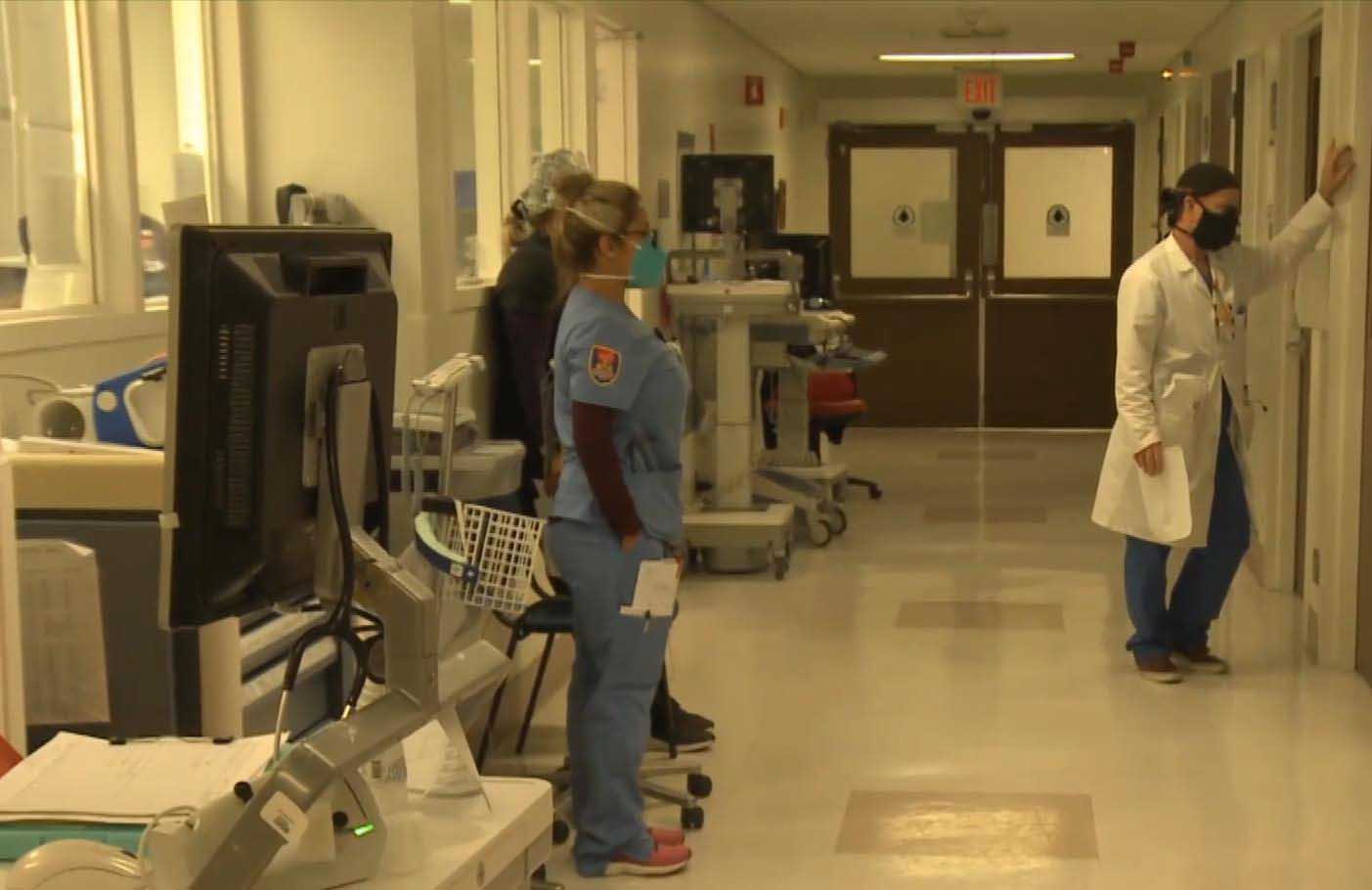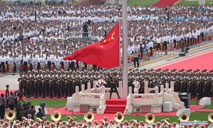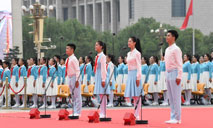Why Wuhan lab leak theory should be disregarded
After being proved groundless around one year ago, the "lab-leak conspiracy theories" on COVID-19's origin have been instigated again recently by a report published by U.S. daily the Wall Street Journal (WSJ).
The report, titled "Intelligence on Sick Staff at Wuhan Lab Fuels Debate on Covid-19 Origin," and citing dubious sources, was written by U.S. correspondent Michael R. Gordon.
By quoting a so-called "previously undisclosed U.S. intelligence report," the WSJ story hinted a far-fetched connection between the "sick staff" of a Wuhan lab and the COVID-19 outbreak.

Yet the Wuhan Institute of Virology, which had not been exposed to the virus before Dec. 30, 2019, has not registered any infection among its staff and graduate students.
Gordon was a correspondent for The New York Times (NYT) before joining WSJ in late 2017. His credibility as a reporter has been tarnished on multiple occasions for inaccurate coverage and relying on anonymous sources.
Voices from the international community have repeatedly debunked the "Wuhan lab leak" conspiracy theories as nonsense that should be disregarded.
Photos
Related Stories
- Still no evidence for COVID-19 leak from Wuhan lab: media
- Wuhan lab leak hypothesis "flawed": WHO investigator
- U.S. health official appears to dismiss Wuhan lab leak theory of COVID-19 as "conspiracy": media
- Casualties rise after tornadoes tear through Wuhan, Suzhou
- 6 dead, 218 injured after tornado hits Wuhan
- China's small-satellite smart manufacturing facility starts operations
- CSL Roundup: Shanghai draws with Hebei, Beijing smashes Wuhan
- Wuhan airport sees record daily number of passengers
- Wuhan's tourist industry gains momentum
- China's Wuhan sees GDP up more than half
Copyright © 2021 People's Daily Online. All Rights Reserved.










